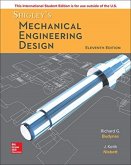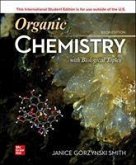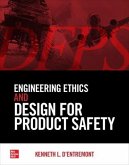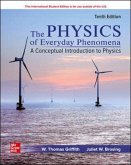A single source of information for the many facets of transport phenomena This hands-on guide lays out core principles and practices of heat, mass, and momentum transfer in one useful resource. Written by a seasoned biological and agricultural engineering professor, Transport Phenomena for Biological and Agricultural Engineers: A Problem-Based Approach includes examples and problem sets reflecting real-world applications. You will explore fluid, mass, and heat transfer; pressure measurements; Fick's and Kirchhoff's Laws; and much more. This textbook is designed to be the singular resource for biological and agricultural engineering students studying transport phenomena. Coverage includes: * Modes of heat transfer * Conduction heat transfer * Steady-state conduction heat transfer * Unsteady state conduction * Convection heat transfer * Design and analysis of heat exchangers * Elements of thermal radiation * Fluid flow fundamentals * Flow through pipes * Pumps and fans * Fundamentals of mass transfer * Introduction to psychrometrics * Fundamentals of refrigeration * Introduction to adsorption
Hinweis: Dieser Artikel kann nur an eine deutsche Lieferadresse ausgeliefert werden.
Hinweis: Dieser Artikel kann nur an eine deutsche Lieferadresse ausgeliefert werden.








